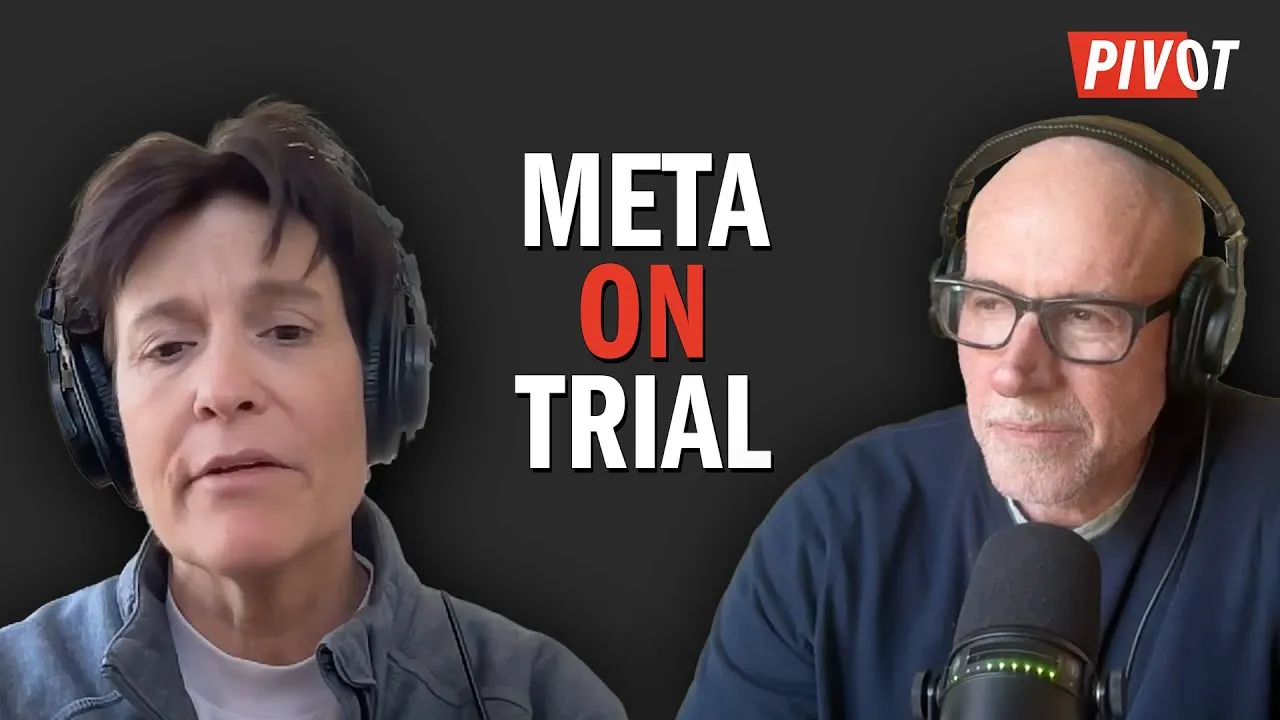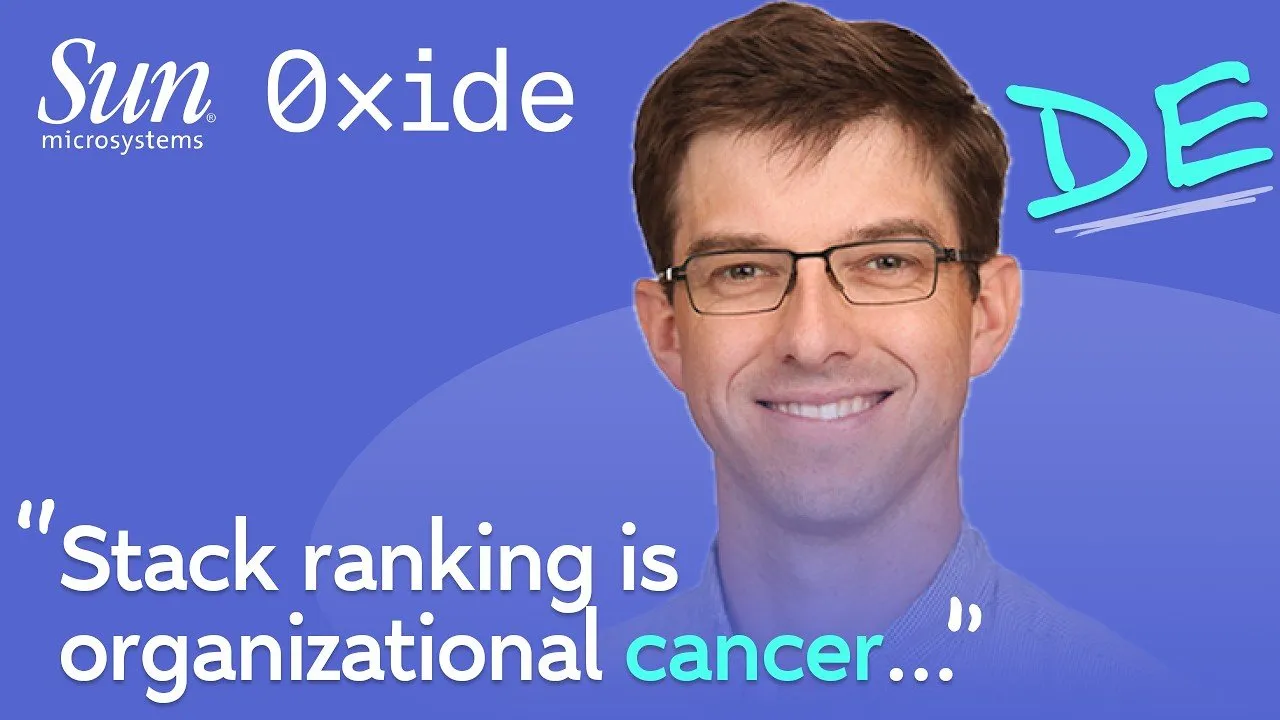Table of Contents
Meta's blockbuster antitrust trial could redefine the rules of Big Tech mergers—if it doesn't get quietly buried first.
Key Takeaways
- The FTC is challenging Meta’s acquisitions of Instagram and WhatsApp as anti-competitive, citing internal communications and strategic intent.
- The “Buy or Bury” strategy—allegedly used by Meta—may become the centerpiece of a major regulatory reset.
- Legal experts predict difficulty proving Meta’s dominance would not have occurred without the acquisitions.
- Zuckerberg and Sandberg are expected to testify; internal emails show clear competitive concerns about rival apps.
- Meta’s PR playbook includes political hires, donations, and board appointments tied to Trump-era figures.
- A breakup of Instagram and WhatsApp would be unprecedented in modern tech history.
- The FTC must prove harm not just to competitors, but to consumers—still a legal gray area in tech antitrust.
- The outcome may shape how future tech mergers are evaluated—and blocked—before they happen.
- The trial represents a broader public reckoning with digital monopolies and their effects on society.
The 'Buy or Bury' Playbook Comes to Trial
- Meta's acquisition of Instagram for $1B and WhatsApp for $19B is under intense scrutiny for alleged antitrust violations that could set precedent for tech mergers.
- Internal emails show Mark Zuckerberg explicitly framing these acquisitions as tools to “neutralize” or eliminate competitive threats before they could mature.
- FTC attorneys allege Meta avoided open-market competition not by building better products—but by eliminating the competition entirely through targeted acquisitions.
- One internal message reads: “Instagram was growing so much faster than us... we had to buy them.” The sentiment echoes concerns that innovation was being stifled, not scaled.
- The legal case hinges on a highly speculative argument: proving that Meta wouldn’t have reached its current position of dominance without acquiring these platforms.
- Courts rarely retroactively penalize previously approved mergers, making the FTC’s task uphill and historically difficult.
- The burden of proof lies in constructing a credible “counterfactual” future—one in which Instagram and WhatsApp could have thrived independently and altered the trajectory of the digital economy.
Meta’s Political Buffer Strategy
- Facing regulatory pressure, Meta has built an impressive network of political protection, including placing former Trump adviser Dina Powell McCormack on its board.
- Zuckerberg has visited the White House multiple times and steered $1M in donations to Trump’s inaugural fund, signaling proactive lobbying.
- Meta also recently settled a $25M lawsuit involving Trump campaign advertising, further complicating its neutrality claims.
- The FTC chair has promised to follow the law but acknowledged that directives from the executive branch may alter enforcement priorities—casting doubt on political independence.
- Critics argue Meta is not just fighting the case legally—it’s managing the optics by buying time, allies, and influence across the aisle.
- Scott Galloway has remarked, “The White House can be bought,” a sentiment echoed by concerns over regulatory capture affecting both major parties.
- Even some progressive lawmakers have slowed criticism, hinting at how entrenched tech influence has become in Washington.
How the Trial Could Reshape Big Tech Law
- Should the FTC succeed, the trial may lead to the forced divestiture of Instagram and WhatsApp—a landmark outcome not seen since the AT&T breakup in the 1980s.
- Antitrust experts believe a win could trigger ripple effects across the industry, prompting reevaluation of past mergers and tightening standards for future ones.
- A successful breakup might invigorate startup ecosystems, reduce monopolistic pricing power, and restore innovation incentives.
- Regulators may shift toward preemptive merger blocks, rather than retroactive corrections—a strategic pivot in antitrust philosophy.
- The “tragedy of the commons” analogy is apt: letting a few giants dominate chokes off shared growth and creativity.
- Many observers believe that once a platform surpasses a certain dominance threshold, its ability to buy up competitors should be heavily restricted—or outright denied.
- As the trial unfolds, the world will be watching how regulators balance corporate scale with consumer welfare and democratic fairness.
Cultural, Consumer, and Competitive Fallout
- Meta’s acquisitions effectively snuffed out nascent competitors that might have offered diverse experiences or innovative features.
- Snapchat's failed resistance exemplifies the “bury” arm of the strategy: innovations like Stories were quickly cloned after acquisition talks fell through.
- This behavior discourages innovation across the industry—why build when you’ll be crushed or acquired before scale?
- Emotional costs—particularly on teens and vulnerable populations—highlight the broader impact of algorithmic dominance.
- Meta’s data practices and addictiveness raise critical questions about consumer harm that go beyond price: time, attention, and mental health are all on the line.
- Smaller platforms like Bluesky, Mastodon, and BeReal are often smothered—not because of quality—but because distribution channels are monopolized.
- The FTC must show that harm is not just economic but existential—diminishing choice, trust, and transparency in the online world.
The Final Fight: Meta vs Modern Antitrust
- FTC lead litigator Daniel Mat stated: “Meta broke the deal. They chose to eliminate rivals instead of outcompeting them.”
- Meta counters that its acquisitions have fostered innovation and user growth, and that real competition exists from TikTok, YouTube Shorts, and Snap.
- Courts are historically reluctant to unwind old mergers—raising the bar for the FTC to demonstrate unique harm to both market structure and user welfare.
- Former officials have conceded that allowing Meta to acquire Instagram was a regulatory error, but the window to reverse that may be closing.
- If successful, the trial could shape how parallel antitrust actions unfold—including DOJ efforts targeting Google’s ad tech and Apple’s App Store.
- Critics warn that if Meta escapes accountability again, it will further entrench Big Tech’s sense of impunity, weakening trust in regulatory institutions.
- The case is a referendum not just on Meta—but on whether American antitrust law still functions in a platform-dominated economy.
- If the FTC prevails, it could energize a new era of enforcement—not just symbolic fines, but structural change.
Conclusion: Antitrust or Afterthought?
Meta’s trial may become a defining moment—or another lost opportunity. If “Buy or Bury” is left unpunished, the message to Big Tech is clear: dominate now, pay never.





